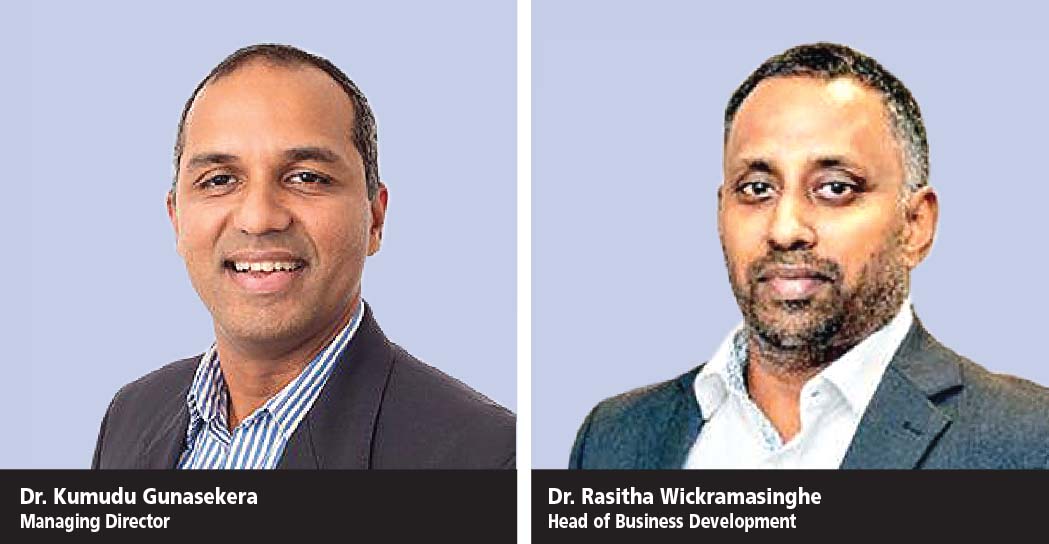STAX
Outlining three priorities for export led manufacturers
COVID-19 has been a turning point for nations, industries and businesses with ramifications still taking shape in a world that’s adjusting to the ‘new normal.’
Given the drastic changes in global markets, there have been many paradigm shifts in supply chain management. In addition to primary factors considered in developing sourcing supply chains such as costs, quality, quantity and reliability, companies are looking at three additional elements – viz. geographic diversification, traceability, and a combination of bespoke and bulk.
Stax highlights three priorities for export led manufacturers in Sri Lanka – i.e. building regional relationships, instilling traceability in supply chains and seeking buyers who are looking at diversifying sourcing chains.
The World Economic Forum (WEF) forecasts that by 2030, 60 percent of new economic growth and 90 percent of the 2.4 billion new additions to the middle class will come from Asia. And Stax affirms that North American and European governments will incentivise on and near shoring to bring supply chains closer to home, to support local manufacturing and strengthen supply chain resilience.
While these markets will continue to comprise a large share of Sri Lanka’s export basket, local businesses must focus on building relationships with leading Asian companies to diversify the island’s export revenue base.
This shift echoes that of the tourism industry from more than a decade ago when the country reduced its reliance on European markets, and attracted more travellers from destinations that are closer to home such as India and China.
Firms are also reorganising operations by focussing on resilience at the core in response to the global supply shocks at the beginning of this year. Everything from capacity planning and inventory management, to supply logistics and production methods, is being re-evaluated to ensure that businesses can withstand shocks even if short-term efficiency may have to be sacrificed.
Traceability is highlighted as a crucial aspect of building resilience with companies extending their scrutiny beyond primary suppliers to Tier 2 and 3.
The third priority is the movement of global producers from China due to geopolitical tensions and manufacturing diversification measures, leading to the US, India and Japan announcing schemes to incentivise this shift.
Supply destination selection has always been centred on production costs – including labour and energy, trade relations and proximity to demand markets – and Stax advises Sri Lankan manufacturers to proactively target buyers seeking to diversify their supply chains beyond China.
 Headquartered in Boston with offices in Chicago, New York and Colombo, Stax is a leading management consultancy firm reputed for advising the world’s largest public and private corporations. It also supports a growing client base in Sri Lanka – including diversified conglomerates, blue-chip industry leaders, large family businesses, government organisations and NGOs – in making insightful decisions based on fact-based research.
Headquartered in Boston with offices in Chicago, New York and Colombo, Stax is a leading management consultancy firm reputed for advising the world’s largest public and private corporations. It also supports a growing client base in Sri Lanka – including diversified conglomerates, blue-chip industry leaders, large family businesses, government organisations and NGOs – in making insightful decisions based on fact-based research.
Armed with over 25 years of experience in analysing global markets, the management consultancy firm continues to be vigilant and proactive to the changes that will unravel in the aftermath of the pandemic, thereby cementing its competitive edge of unearthing unforeseen facts that change the course of business.




